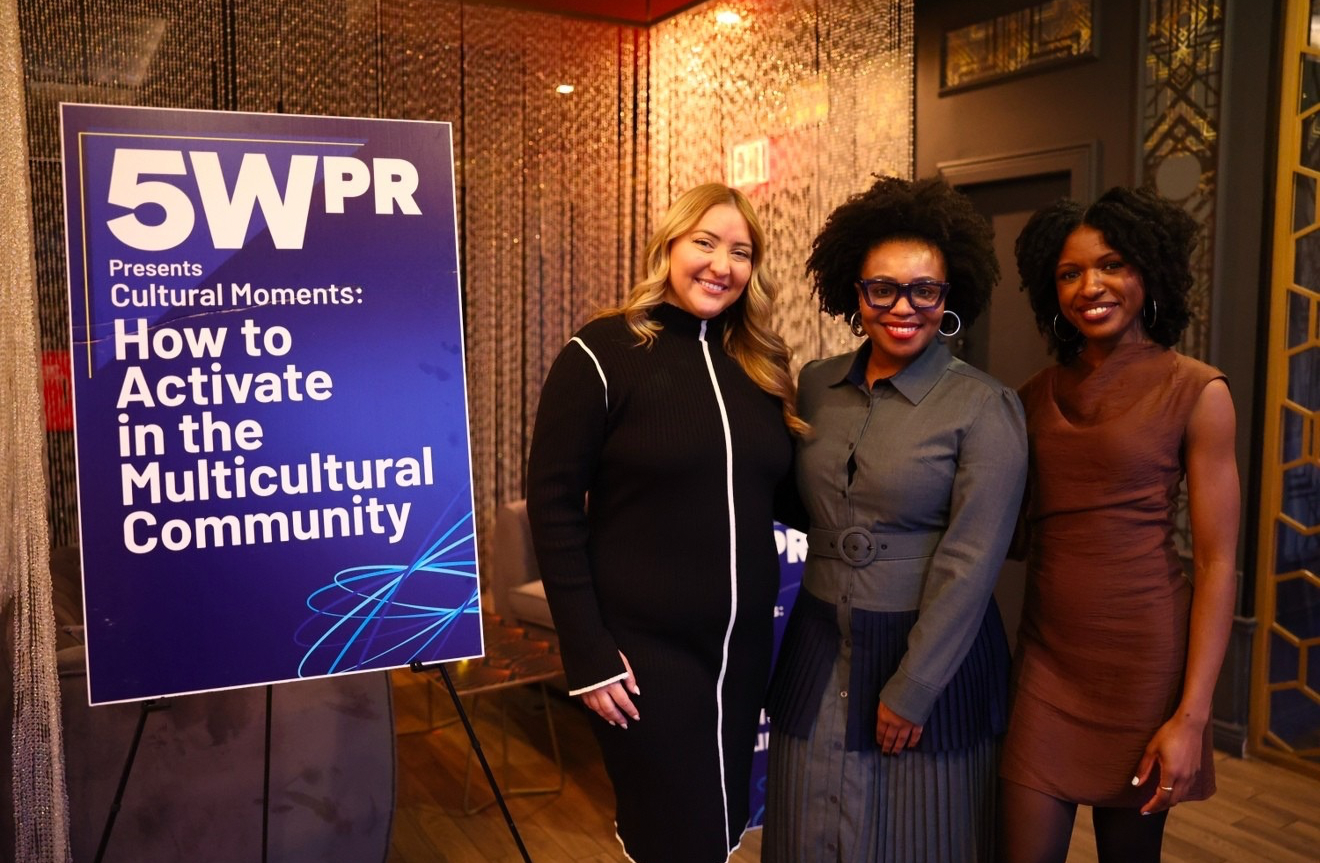The media landscape is undergoing a seismic shift, with artificial intelligence (AI) rapidly transforming the creation, distribution, and consumption of information. In this dynamic environment, effective communication has never been more critical. Media training has become a vital component, equipping individuals and organizations with the tools to thrive in the age of AI.
PR Overview
Content creation
AI-powered tools are able to generate everything from news articles to social media posts. While this automation can boost efficiency and personalize content, it also raises concerns about accuracy, bias, and the potential for deepfakes. They are highly realistic AI-manipulated videos that can spread misinformation.
News aggregation and distribution
AI algorithms curate news feeds and personalize search results. This means they’re easily able to influence the information people see. This can create so-called “filter bubbles” where users are only exposed to information that confirms existing beliefs.
Audience engagement
AI analyzes audience behavior and personalizes user experiences. These things benefit targeted advertising and content recommendations. However, they also raise ethical questions about data privacy and manipulation.
All those advancements highlight the need for critical thinking skills and the ability to discern truth from fiction. Media training provides tools to analyze information and identify potential biases in AI-generated content. It’s also helpful in teaching audiences to verify sources before sharing information.
Why media literacy is essential
One of the most significant challenges of the AI age is the rise of disinformation. Deepfakes and other AI-manipulated content can erode trust in traditional media sources and sow confusion among the public. Media training fosters media literacy. That is the ability to critically evaluate information and make informed decisions about what to believe and share.
Source verification
Trainees learn to assess the credibility of sources, identify red flags in content, and verify information through factual reporting and reputable sources.
Bias detection
Media training equips individuals to recognize bias in news reporting and AI-generated content. Techniques such as analyzing language and identifying funding sources help reveal potential biases that could influence the information presented.
Fact-checking skills
Media training emphasizes the importance of fact-checking information before sharing it. This includes using multiple sources, verifying data, and being cautious of emotionally charged or sensationalized content.
Effective communication
Media training hones communication skills, including clear and concise language delivery, strong storytelling techniques, and the ability to tailor messages to specific audiences.
Transparency
Emphasis on transparency about sources, methods, and potential biases allows audiences to make informed decisions about the information they consume.
Human connection
In an age of automation, media training underscores the power of human connection. Effective communication builds rapport with audiences and fosters a sense of trust and reliability.
Why everyone needs media training
The benefits of media training extend far beyond traditional media professionals like journalists and public figures. In today’s digital age, everyone has a platform. That means everyone from social media influencers to educators and business leaders. Effective online communication is crucial for building a strong personal brand and engaging audiences.
WorkForce Software and ADP Explore the Future of Workforce Management
5WPR recently had the opportunity to attend VISION25, a major event hosted by our client WorkForce...
Key Takeaways from CADRE Clean Beauty NYC 2025: What Today’s Beauty Brands Need to Know
Earlier this month, founders, investors, and beauty industry leaders came together in New York...
Multicultural Marketing in Focus: Lessons from 5WPR’s Happy Hour Panel Session with Nissan, Allure, SELF Magazine, Full Court Marketing, and Zeta Global
At 5WPR, we understand that impactful multicultural marketing requires more than inclusive...




